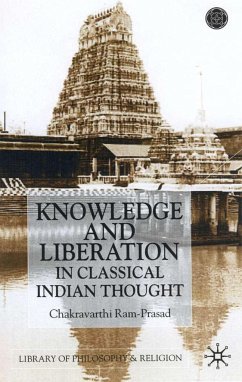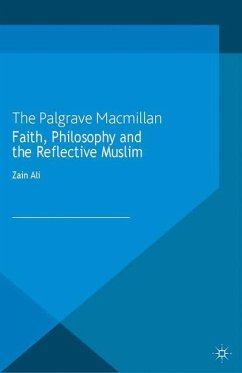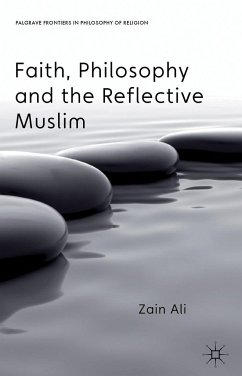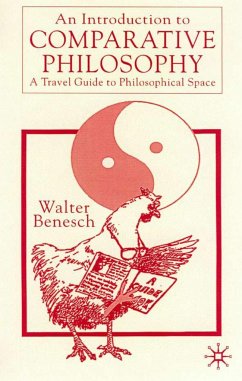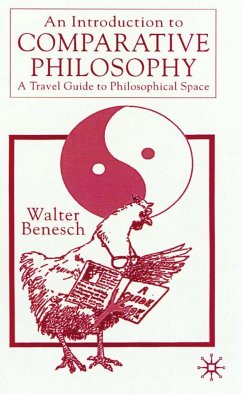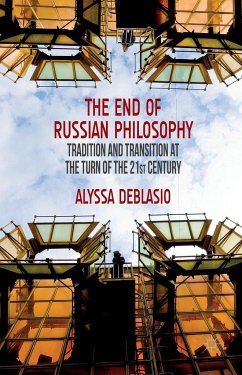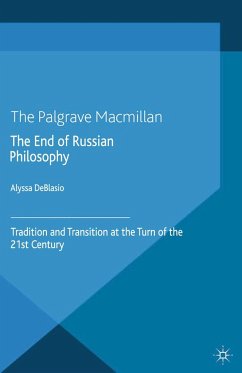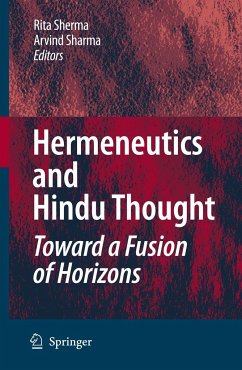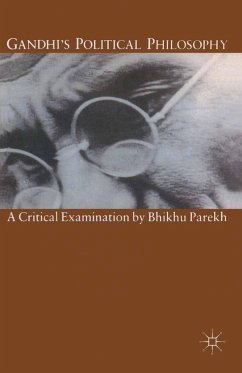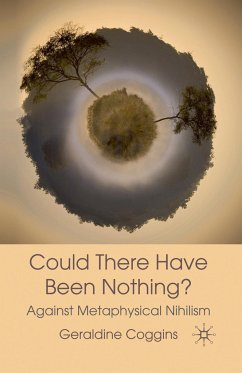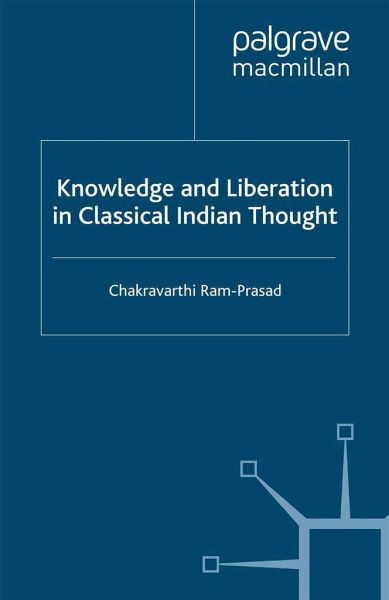
Knowledge and Liberation in Classical Indian Thou
Versandkostenfrei!
Versandfertig in 6-10 Tagen
76,99 €
inkl. MwSt.
Weitere Ausgaben:

PAYBACK Punkte
38 °P sammeln!
Classical Indian schools of philosophy undertake major debates on a variety of issues with the formal aim of attaining a supreme end to existence - liberation from the cycle of lives. This book looks at four conceptions of liberation and the way analytic inquiry and philosophical knowledge are held to lead in its attainment. The central motivation of Indian philosophy - the quest for the Highest Good - is recognised but also situated in the rigorous and analytic philosophical activity of these thinkers.





